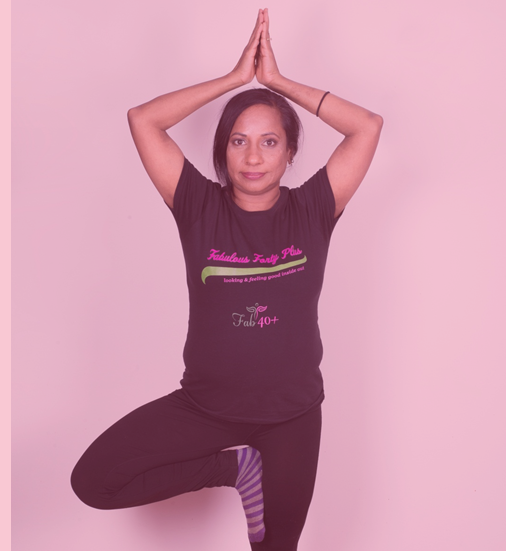Fitness over 40
Fitness over 40 – HORMONES have a powerful influence on how our brains develop as well as on our feelings and behaviours and personality traits throughout life. After adolescence, hormone levels remain fairly steady in men, but in women, they fluctuate like clockwork. The constant shifting affects every woman differently, and this must be factored in to any discussion of brain health. Exercise is particularly important for women over 40 because it tones down the negative consequences of hormonal changes that some experience, and for others, it enhances the positive. Overall, exercise balances the system, on a monthly basis as well as during each stage of life, including pregnancy and menopause. The average woman has four hundred to five hundred menstrual cycles in her lifetime, each one lasting four to seven days. If you add them all up, it comes out to more than nine years—a long time for women who suffer premenstrual syndrome (PMS).
The mental and physical diseases we face in old age are tied together through the cardiovascular system and metabolic system. A failure of these underlying connections explains why people who are obese are twice as likely to suffer from dementia, and why those with heart disease are at far higher risk of developing Alzheimer’s, the most common form of dementia. Statistically, having diabetes gives you a 65 percent higher risk of developing dementia, and high cholesterol increases the risk 43 percent. We’ve had the medical proof that exercise protects against these diseases for decades, yet, according to the CDC, about a third of the population over sixty-five reports that they engage in no leisure-time activity. Exercise can also protect your mind. Some of the most persuasive evidence about the effect of exercise on the ageing brain comes from a landmark research project called the Nurses’ Health Study, which began surveying the health habits of more than 122,000 nurses every two years, in the mid-1970s. In 1995 researchers began cognitive testing for some of the nurses, which allowed Harvard epidemiologist Jennifer Weuve to analyse the relationship between exercise level and cognitive ability for 18,766 women between seventy and eighty-one years old. Weuve used the trove of data to tackle the question of whether being active on a regular basis throughout adult life translates into a sharper mental function when we’re older. The results, published in the Journal of the American Medical Association, powerfully underscored her hunch: women with the highest levels of energy expenditure had a 20 percent lower chance of being cognitively impaired on tests of memory and general intelligence. The median level of activity for this group translated to walking twelve hours a week or running just under four hours total, compared with less than one hour of walking for the least active group (of five).
But Weuve says you don’t have to be a “super athlete” to get a benefit. “The really neat thing is that we started to see effects at modest levels of activity—we’re talking about walking an hour and a half a week,” she says. Even at this relatively low level, “you start to see a benefit that is significantly above and beyond the least active women.”
Ratey, Dr John J. Spark and Eric Hagerman: How exercise will improve the performance of your brain.
ALSO CHECK: The four main components of fitness

